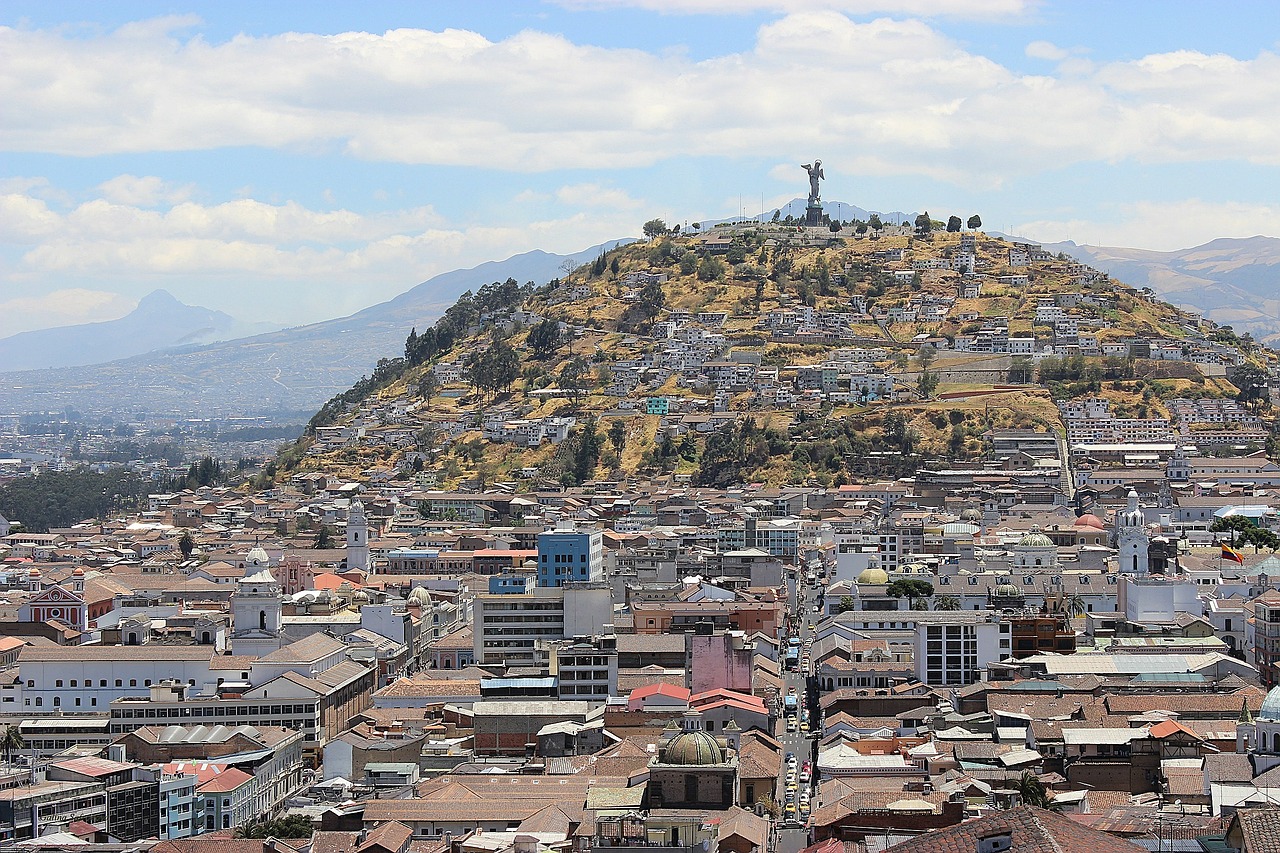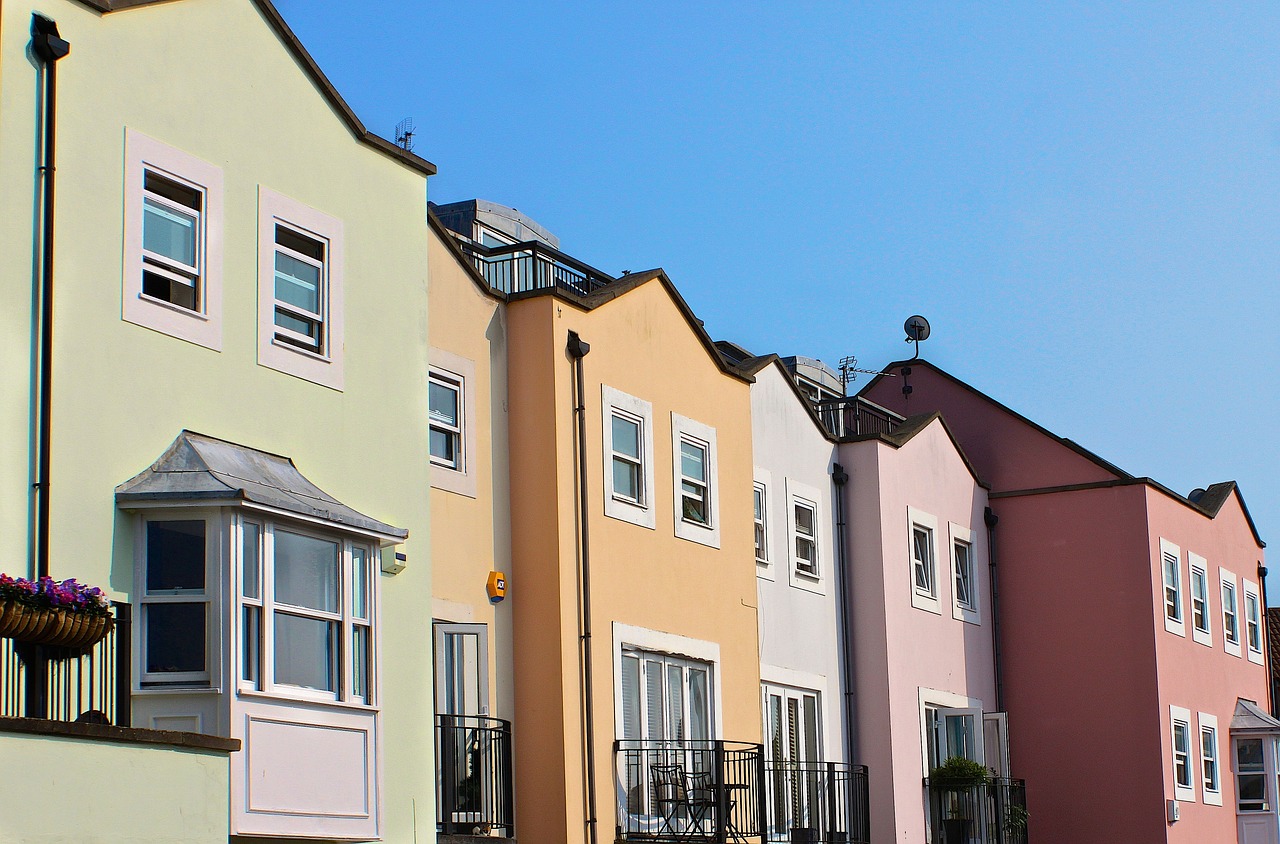Until the special issue is published, I’ve put together this list of articles that are already available online. I’ll update it as more are released, so it’s a convenient page for those interested in this important topic.
Can we use administrative data to quantify informal housing additions at the parcel level? An analysis of Austin, USA
Josh Conrad, Sarah Mawhorter & Jake Wegmann
This article utilises existing administrative datasets for property valuations and building permits for Austin, Texas, to identify informal (unpermitted) housing additions. Among other findings, the research reveals around 1 in every 2400 dwellings made an informal addition to the dwelling in the decade to 2018. The research also outlines a number of challenges in the process, and ethical considerations for researchers.
A sense of legitimacy in low-impact developments: experiences and perspectives of communities in South-West England
Emma Griffin, Katie McClymont & Adam Sheppard
This article draws on a two-year research project that engaged with people living informally to better understand their relationship with the planning system. Grounded in real life experiences, this article engages with questions around how and if informality could be better supported in planning policy, as a space for innovative, flexible and adaptive approaches to housing production.
Risks and informality in owner-occupied shared housing: to let, or not to let?
Ashraful Alam, Claudio Minca & Khandakar Farid Uddin
This paper considers the connections between shared housing and informality and discusses how how informality and sharing may mediate risks. The article focuses on how informality and risks are co-produced in shared housing in some suburbs in Greater Sydney in Australia, looking in particular at homeowners who have a Bangladeshi background. The paper reflects on how the meaning of ‘home’ may be negotiated as part of the experience of house sharing.
Postcolonial narratives and the governance of informal housing in London
Mariana Schiller & Mike Raco
This paper, drawing on detailed policy analysis and qualitative in-depth interviews, uses the example of London to examine the rise of informal housing, the ways in which it is both represented and conceptualised as a ‘problem’ of governance to be tackled, and its institutionalisation into programmes of enforcement. It focuses on the emergence of a phenomenon known as ‘beds in sheds’, or the construction of informal housing in between existing buildings.
Living the liminal life: informalities in a utopian housing project
Isabella Clough Marinaro
This article presents ethnographic research carried out in Rome’s Corviale public housing project: a 1-km-long building where squatting and unauthorised construction are widespread, most notably along the entire fourth floor. Beyond adding to debates on housing informalities in the global North, the analysis makes a wider theoretical contribution, focusing on the centrality of time as a defining feature of informal housing practices.
Informality, the marginalised and regulatory inadequacies: a case study of tenants’ experiences of shared room housing in Sydney, Australia
Zahra Nasreen & Kristian. J. Ruming
Despite evidence that more people are living in shared room housing, there is limited research that explores the experiences of those living in these informal arrangements and the relationship with policy/regulatory frameworks that seek to govern shared housing practices. This paper addresses this gap by investigating tenants’ motivations for living, and the challenges they face, in informal shared room housing in Sydney.
?OPEN ACCESS
Is ‘informal’ housing an affordability solution for expensive cities? Evidence from Sydney, Australia
Nicole Gurran, Sophia Maalsen & Pranita Shrestha
Does ‘informal’ housing offer more affordable choices for low-income renters in expensive cities? This paper investigates this question with reference to Sydney, Australia, where planning reforms have sought to deregulate housing development including ‘informal’ and low cost market accommodation, in response to chronic housing affordability pressures.
Urban informality in the Global North: (il)legal status and housing strategies of Ghanaian migrants in New York City
Mohammad Usman, Sabina Maslova & Gemma Burgess
This research explores the housing journeys of Ghanaian migrants in the Bronx in New York City to understand the processes by which poor documented and undocumented migrants access housing, and explores the role of legal status in housing allocation. The paper argues that, rather than legal status, the strength of one’s social ties in the Ghanaian migrant community regulates access to housing.
Distance and proximity matters: understanding housing transformation through micro-morphology in informal settlements
Paul Jones
The aim of this paper is to provide a substantive assessment of the dynamics of change and spatial complexities of housing in informal settlements by deconstructing the micro-morphology occurring in built and unbuilt spaces. The boundaries of the built (housing) and unbuilt spaces (alleyway) are fluid due to ‘interface creep’ which allows housing to create new building lines, interface types and alleyway alignments.


